
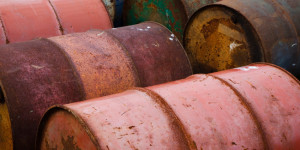
In early 2017, HG Cornerstone was retained by the City Attorney for the City of Carson, CA to perform a forensic engineering study aimed at identifying a possible causal connection between petroleum hydrocarbon contaminated soil and the degradation of buried cast iron sewer pipes. In 2017, the study was performed by HGC within the City’s Carousel Track residential development comprising about 285 single-family homes largely constructed from between 1967 to 1969.
Many of the homeowners had complained about issues with their cast iron sewer pipes. A number of cast iron sewer pipes removed from the ground were severely degraded and were no longer serviceable. Homeowners were spending approximately $15,000 to $20,000 to replace their sewer pipes and one homeowner reportedly spent over $40,000.
Both the City and the homeowners suspected that the crude-oil contaminated soils underlying their houses was responsible for the degraded sewer pipes. Consequently, HG Cornerstone was retained to perform an engineering assessment of conditions and a forensic study for a possible casual connection. In April 2017, HG Cornerstone initiated the first, preliminary, phase of their engineering study. This first phase was limited in scope and its main goal was evaluating whether a causal connection between the soil contamination and degraded sewer pipes was likely.
The homes within the Carousel neighborhood were built directly on top of soil that was contaminated by petroleum hydrocarbons in the form of crude oil. The 44-acre development site was previously operated by Shell as the Kast Property Tank Farm, a crude oil storage tank farm which included three massive crude oil storage reservoirs. In 1965, Shell sold the property to a developer named Barclay Hollander Curci.
In 2007, the State of California Department of Toxic Substances Control initiated an environmental investigation at the site. In 2011, the State of California Los Angeles Regional Water Quality Control Board issued a Cleanup and Abatement Order requiring that Shell clean up the site. A Remedial Action Plan (or “RAP”) was subsequently approved by the Los Angeles Regional Water Quality Control Board and Shell began implementing the cleanup work in 2016. The cleanup of the site is expected to take about a decade or so. In very general terms, the cleanup of individual properties involves excavating and removing about 5 to 10 feet of soil from around most houses. Excavation of the soil located directly beneath the house was not made part of the RAP although soil vapor extraction was included as an additional remediation option for any homeowner who requested it.
On September 14, 2017 HG Cornerstone issued its interim report for the first phase of its investigation titled “Interim Engineering Observations & Assessment Report, Forensic Cast Iron Sewer Pipe Study, Former Kast Property, Carousel Tract Residences, City of Carson, CA.” On September 19, 2017, HG Cornerstone’s interim engineer’s findings were presented to the City at its City Council meeting.
HG Cornerstone had found that, based on the first phase of its study, there is merit to the possibility that a casual connection does exist between the soil contamination and the cast iron pipe corrosion observed. Several key, theoretical pipe corrosion mechanisms associated with the soil and site conditions were identified. However, HG Cornerstone noted and recommended that further study is necessary and required to confirm these preliminary findings. In its report, HG Cornerstone also identified several imminent health hazards associated with the corroded sewer pipes beneath residents houses including potential sewer gas exposure and hazards associated with wastewater directly entering the subsurface. Based on HG Cornerstone’s report and preliminary findings, numerous issues were brought to light including the fact that many residents of the Carousel neighborhood were able to see photographs of the soil cleanup work for the first time as this work was screened from public view.
The second, more definitive, phase of the forensic study has been delayed due to lack of funding and pending discussions between the City of Carson and the Los Angeles Regional Water Quality Control Board to determine whether the removal and replacement of degraded cast iron sewer pipes by Shell can possibly be included in the RAP. This second phase is expected to begin in the early Spring of 2018.
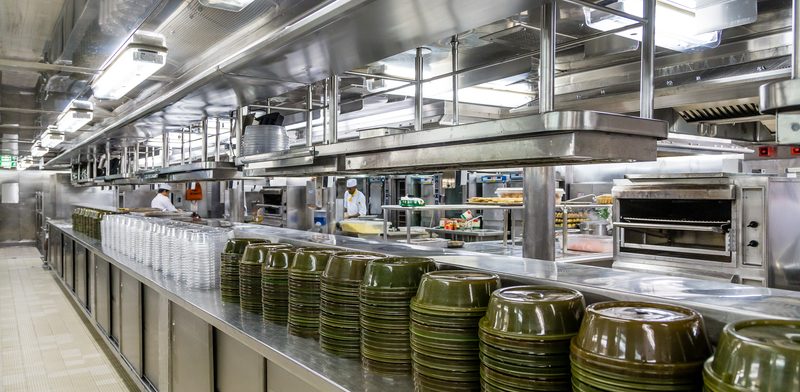
HG Cornerstone worked as a construction expert witness with legal counsel for restaurant owners who alleged construction defects against their general contractor. HG Cornerstone identified multiple construction defects along with numerous building code violations, incomplete work, and poor workmanship.
Joel E. Breuer, PE provided expert witness testimony at the arbitration. A favorable decision was rendered on behalf of HG Cornerstone’s client.
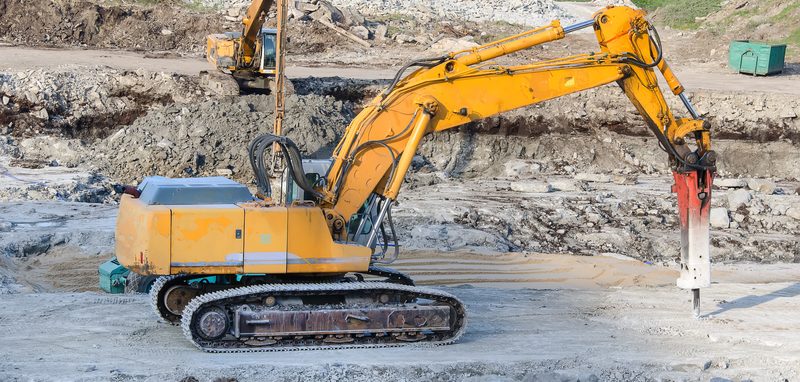
A custom-built luxury home was subjected to construction vibrations allegedly caused by heavy equipment operating at an adjacent lot including rock drilling and breaking equipment. As a construction expert witness for the homeowners, HG Cornerstone identified and quantified the damage to the home and prepared a comprehensive engineering report regarding extent and cause of damage. HG Cornerstone’s focus was on construction-induced vibration damage mechanisms, the science and research behind such phenomenon and proper vibration monitoring measures and techniques.
A favorable settlement was reached for the property owners. HG Cornerstone then worked with the insurer’s legal counsel on the subrogation action. Mr. Breuer opined on the contractor’s duty of care.
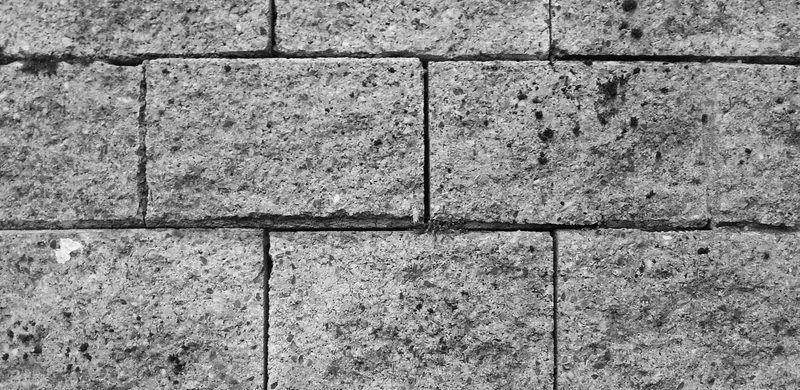
During 2016, HG Cornerstone was retained as a construction expert witness by legal counsel for one of several general contractors, and its insurer, responsible for the construction of a state correctional facility for women. The Connecticut State Attorney General had filed a lawsuit in 2008 against a number of general contractors and others involved in the facility’s design, testing and construction-related insurance. The lawsuit contended that the contractors knew, or should have known, that their work was defective. Cracked concrete masonry walls and water leaks were alleged.
According to the State, the original construction of the facility cost over $50 million. Construction of the facility’s 22 buildings was performed between 1991 and 1997. The State’s lawsuit sought to recover over $18 million for the costs of repair work to the facility that began in 2010.
HG Cornerstone’s focus was mainly on the design and construction of double-wythe concrete block wall systems which allegedly failed and had been subsequently removed and replaced by the State. Physical evidence was not available for observation or testing and HG Cornerstone had to base its expert witness work exclusively on scanned case documents which numbered in the tens of thousands of pages along with thousands of digital photographs. Joel E. Breuer, PE researched and opined on the actual design and construction, relevant design and construction codes in effect at the time of construction, and construction practices, standards and industry norms circa the late 1980’s through the mid 1990’s. Mr. Breuer also focused on the roles, responsibilities, and work product of the architect, engineer, and construction manager.
The lawsuit settled in 2017 on undisclosed terms.
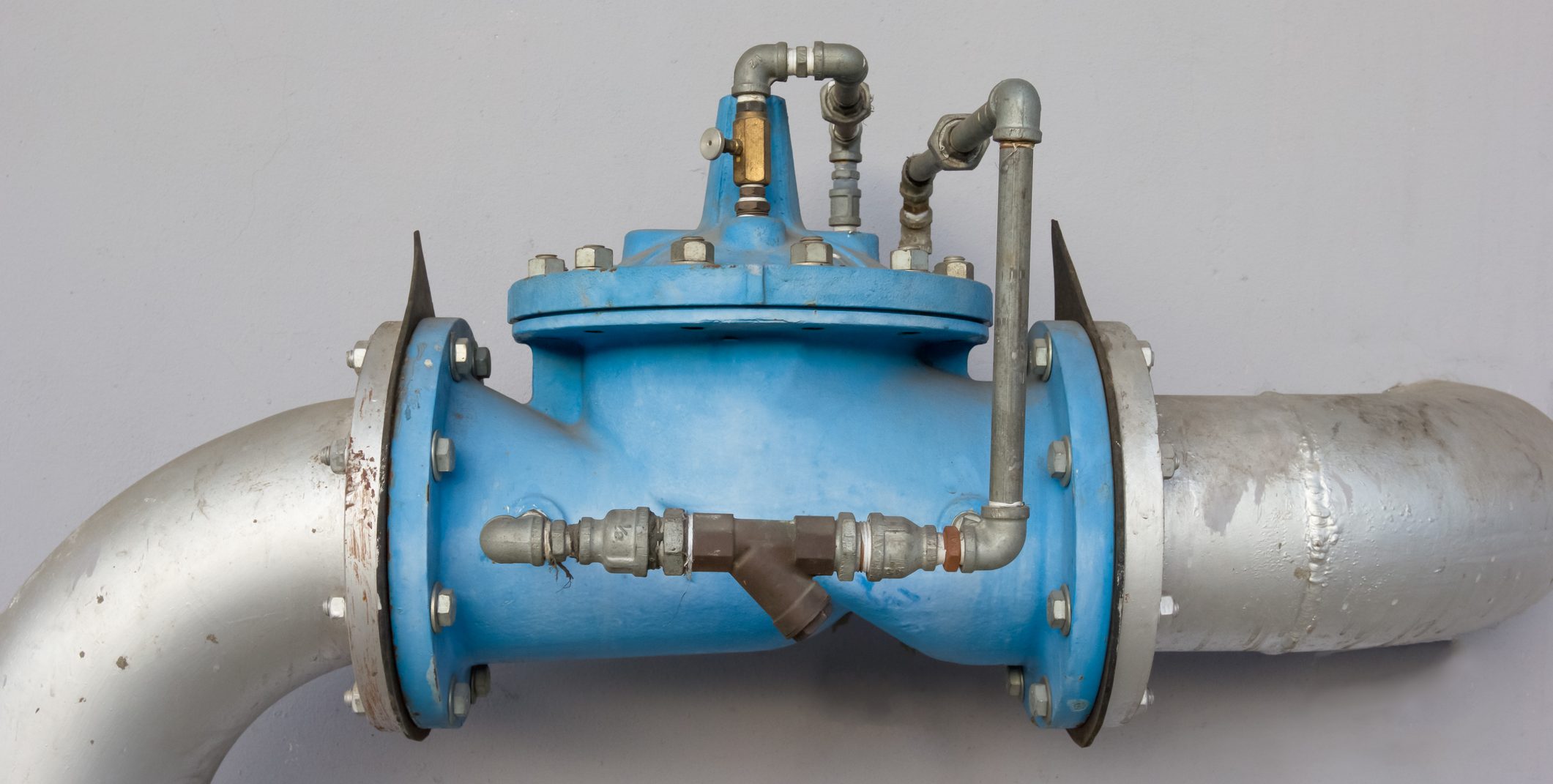
HG Cornerstone was retained by the manufacturer of domestic water automatic control valves (called “ACVs”) and water pressure regulators as an expert witness for an insurance defense matter regarding the alleged failure of their products installed in a new high-rise condominium development. A lawsuit had been filed against many parties associated with the design and construction of the new condominium towers and there were numerous co-defendants.
Joel E. Breuer, PE performed forensic testing on the ACVs and water pressure regulators that were removed from service as evidence. Mr. Breuer also focused his investigation on the plumbing design, the installation and maintenance of the plumbing system and its individual components, water quality, and metal pipe and valve corrosion mechanisms, among other things. Almost immediately after Mr. Breuer’s engineer’s findings report was issued and reviewed by plaintiff’s legal counsel, his client was released from the lawsuit altogether.
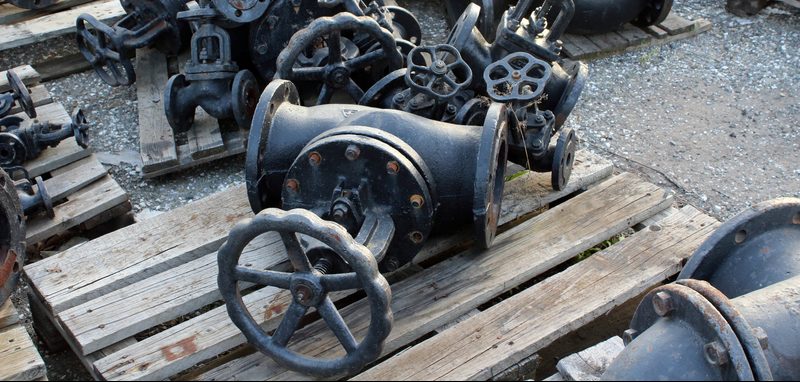
HG Cornerstone was retained by the manufacturer of domestic water gate valves (also known as control valves) as an expert witness for an insurance defense matter. A claim was made regarding the alleged failure of one of the manufacturer’s gate valves installed at a medical care facility, allegedly resulting in catastrophic water damage to the entire medical facility, resulting in an inordinate loss.
Joel E. Breuer, PE performed a forensic inspection of the gate valve and other plumbing components at the facility and was able to help HG Cornerstone’s client affect a favorable settlement.
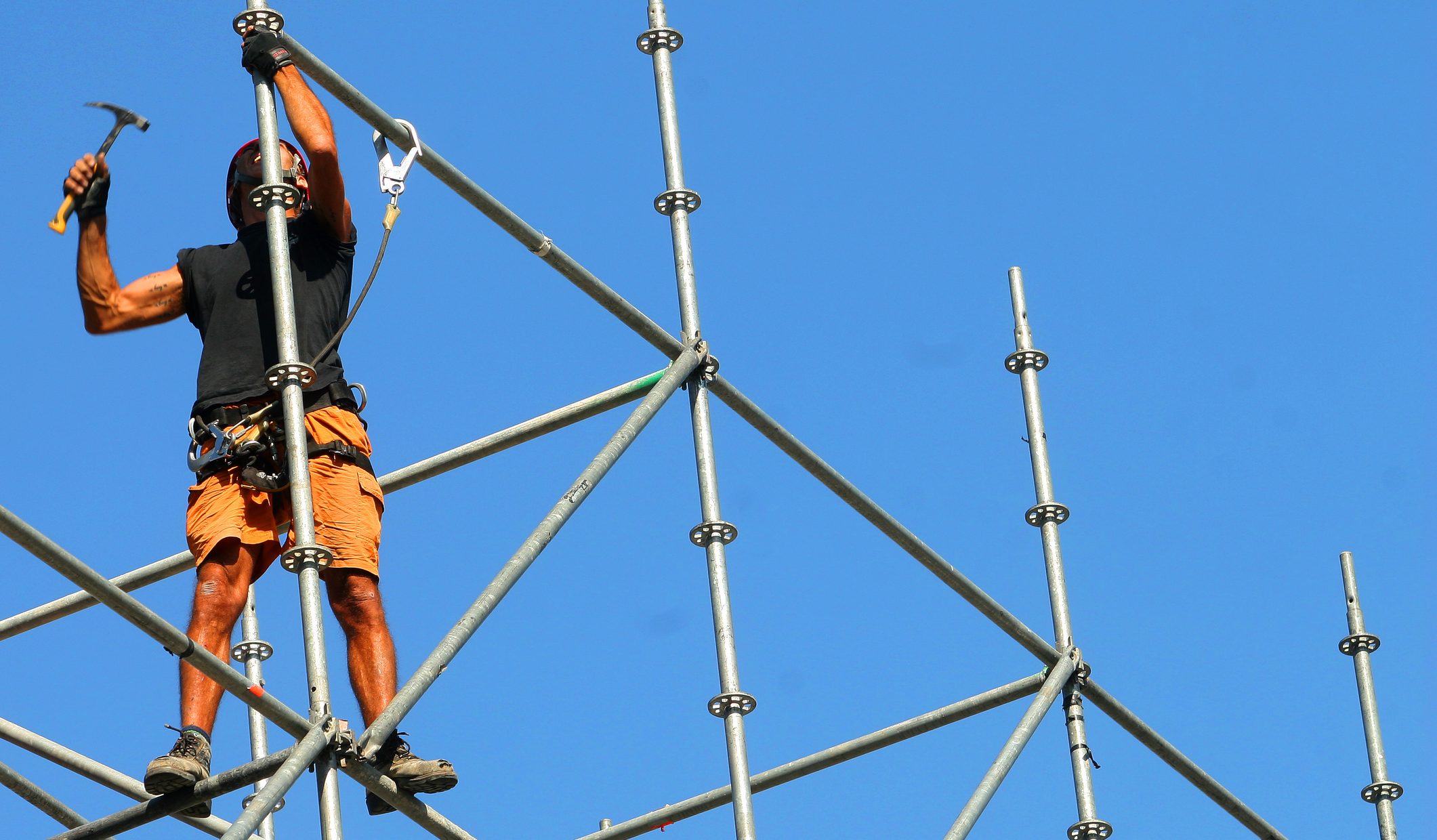
HG Cornerstone was retained by legal counsel for a scaffolding company. A worker was allegedly injured on one of the company’s leased and assembled scaffolds while preforming work.
HG Cornerstone recreated the accident scene on an exemplar scaffold arrangement and was able to demonstrate that the accident could not have occurred in the manner that was described by the allegedly injured worker. As such, HG Cornerstone was able to help its client achieve a favorable settlement quickly.
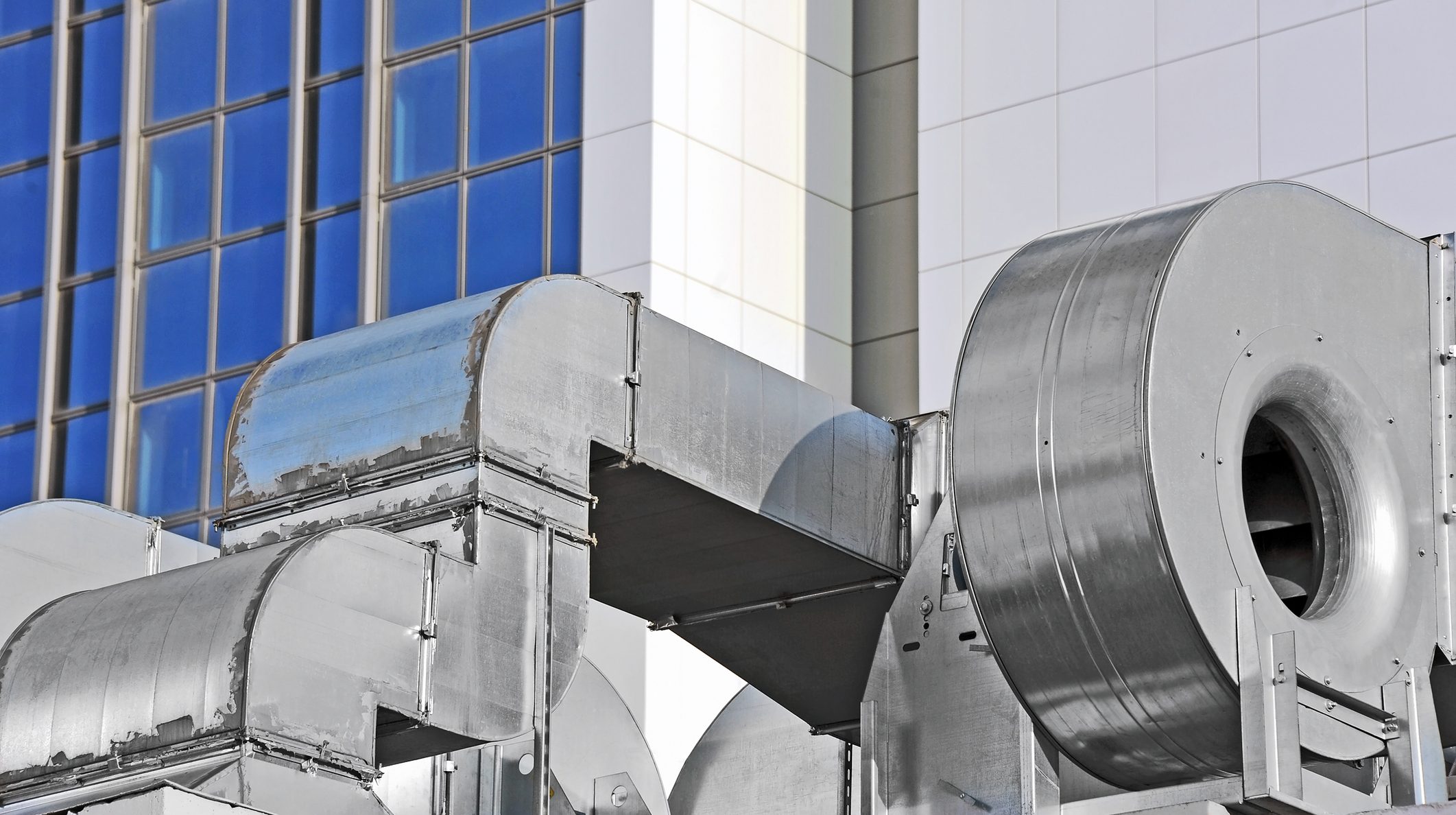
HG Cornerstone was retained by legal counsel representing a general contractor’s insurer. The general contractor had subcontracted the HVAC replacement portion of an office remodel project to an HVAC subcontractor. After the remodel work was complete, a catastrophic water leak occurred at one of the water source heat pump units that was replaced during the work. At issue was whether or not the general contractor was responsible for directly overseeing and inspecting the HVAC subcontractor’s work.
Joel E. Breuer, PE of HG Cornerstone performed relevant code research and opined that: 1) the work performed by the HVAC contractor was done in strict conformance with applicable and relevant sections of both the building and mechanical codes; and 2) that according to the Massachusetts contractor’s licensing code provisions, the general contractor was, in fact, not responsible for directly overseeing and inspecting the HVAC subcontractor’s work in that specific instance for a number of reasons. As such, HG Cornerstone was able to help its client achieve a favorable settlement quickly.
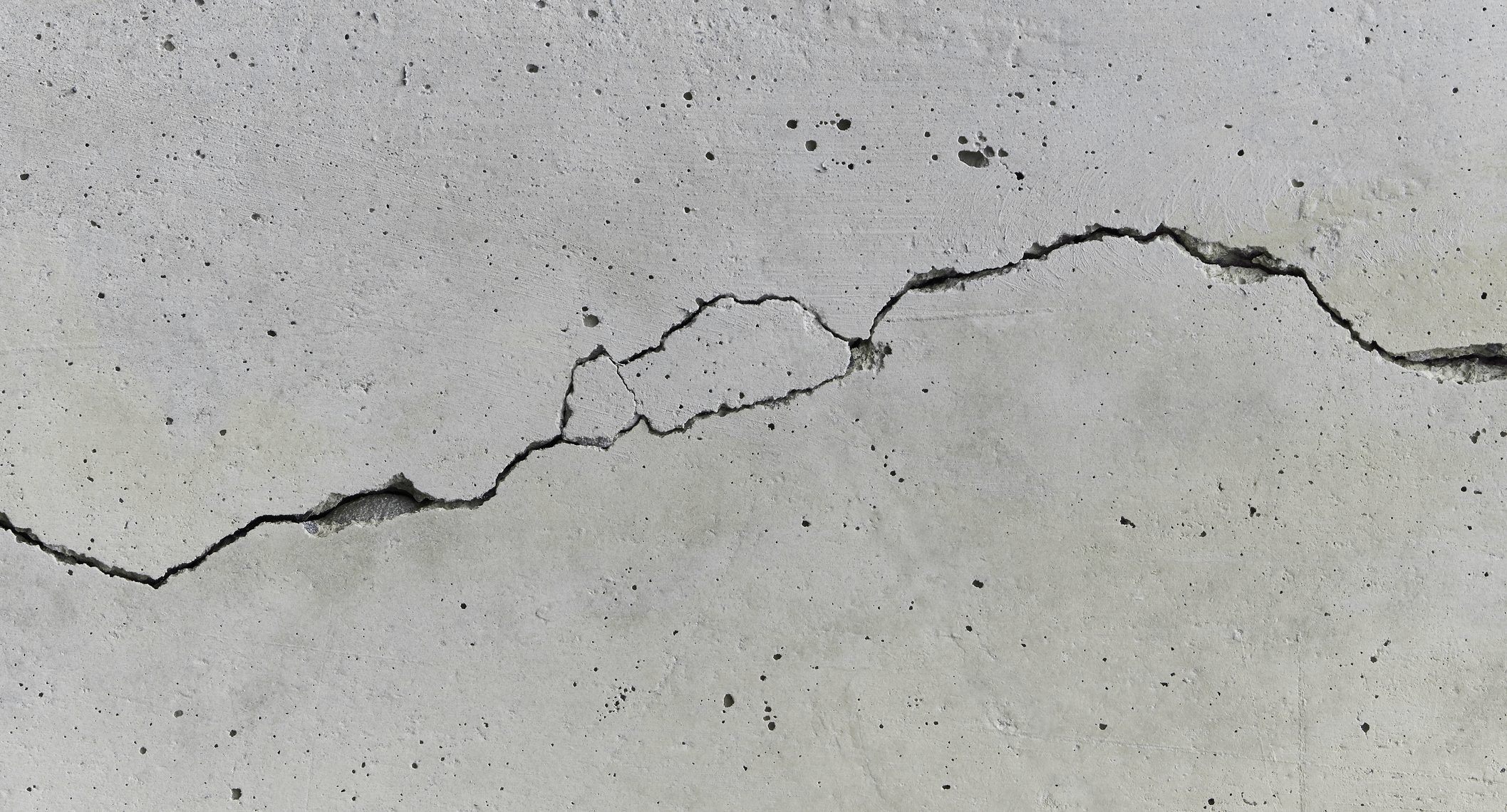
HG Cornerstone was retained by legal counsel representing a general contractor that constructed a public school. In a lawsuit against the general contractor, it was alleged that some of the concrete work was improper and defective and cracking and spalling resulted due to the allegedly defective concrete work.
Joel E. Breuer, PE, retained as a rebuttal expert witness, testified regarding concrete placement, curing and concrete chemistry, and the potential detrimental effects of certain deicer chemicals applied to new concrete. Based on Mr. Breuer’s oral testimony, he was able to help HG Cornerstone’s client affect a favorable settlement on the issue at hand.

HG Cornerstone was retained by legal counsel representing an injured party. At a popular children’s party/entertainment venue, a child’s finger was completely severed by the closing of an interior door.
Mr. Joel E. Breuer, PE of HG Cornerstone provided relevant building code research regarding the door installation, hardware, and closure apparatus. Based on Mr. Breuer’s research and opinion, he was able to help the client affect a favorable settlement.
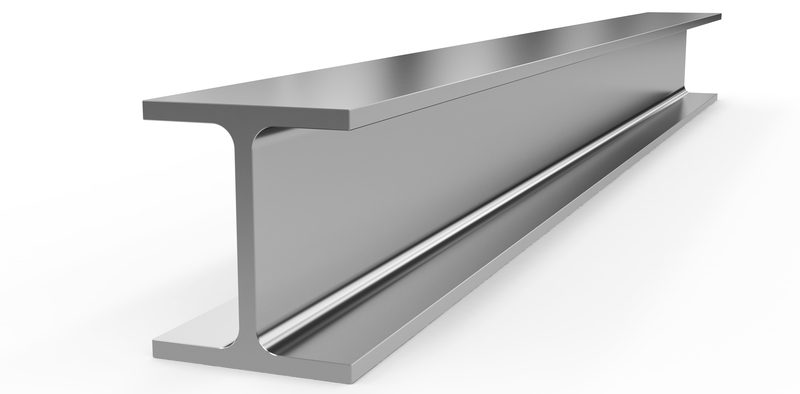
HG Cornerstone was retained by legal counsel representing the insurer of a former lessee of a commercial building. The tenant’s former activities involved operating a fitness center and indoor gym. It was alleged that the former tenant’s activities directly caused damage to a number of the building’s structural members, necessitating their complete removal and replacement, along with consequential repairs including the replacement of hardwood flooring throughout.
Joel E. Breuer, PE analyzed the plaintiff’s expert’s cost estimate of repairs and was able to significantly lower the estimated costs by applying more reasonable and more straightforward construction means and methods. Mr. Breuer also identified structurally problematic issues elsewhere in the building that could not have been attributed to the former tenant’s activities, demonstrating that structural deficiencies existed elsewhere in the building. HG Cornerstone’s client was able to achieve a much more favorable settlement regarding this matter.

HG Cornerstone was retained by legal counsel representing an injured party. The injured party slipped and fell while entering a heated whirlpool spa at a fitness center.
Joel E. Breuer, PE performed an inspection of the accident scene, performed building code research, and reviewed the building permit records concerning recent physical improvements made to the fitness center. Our client was then able to achieve a favorable settlement regarding this matter.
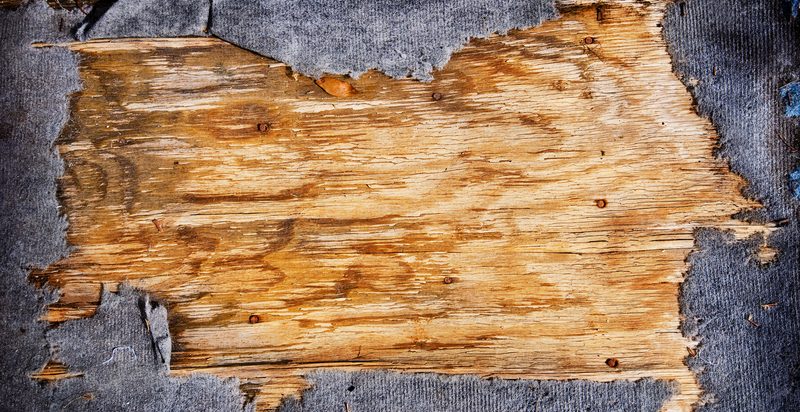
HG Cornerstone was retained by legal counsel representing a restaurant operator leasing space in a commercial building. The landlord of the building alleged that the restaurant’s activities caused structural damage to the building, including structural damage associated with water infiltration via hollow sidewalks adjacent to the building.
Joel E. Breuer, PE of HG Cornerstone inspected the building and performed relevant research regarding Boston’s hollow sidewalks. Mr. Breuer opined regarding the restaurant operator’s activities, the condition and existing construction type of the building, the adequacy of prior structural repairs made, the likely causes of the structural damage, and the tenant’s responsibilities. Based in part on Mr. Breuer’s work, a favorable settlement was reached one day before the trial was to commence.

HG Cornerstone was retained by the manufacturer of domestic water automatic control valves (ACVs) and water pressure regulators as an expert witness for an insurance defense matter. A claim was made regarding the alleged failure of one of the manufacturer’s ACVs installed at a multifamily residential apartment complex, resulting in catastrophic water damage.
Joel E. Breuer, PE performed forensic testing on the ACV and was able to help the client affect a favorable settlement.

HG Cornerstone was retained by the manufacturer of domestic water automatic control valves (ACVs) and water pressure regulators as an expert witness for an insurance defense matter regarding the alleged failure of their products in a new high-rise condominium development. A lawsuit had been filed against many parties associated with the design and construction of the new condominium towers and there were numerous co-defendants.
Joel E. Breuer, PE performed forensic testing on the ACVs and water pressure regulators that were removed from service as evidence. Mr. Breuer also focused his investigation on the plumbing design, installation and maintenance of the plumbing system and its individual components, and metal pipe and valve corrosion mechanisms, among other things. Mr. Breuer opined on his findings and a favorable settlement was reached.
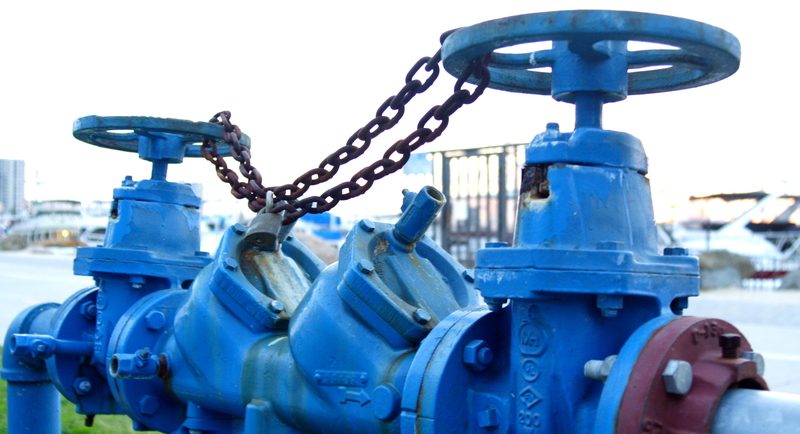
HG Cornerstone was retained by the manufacturer of domestic water backflow prevention assemblies as an expert witness for an insurance defense matter. A claim was made regarding the alleged failure of one of the manufacturer’s backflow prevention assemblies installed at a commercial/industrial building, resulting in catastrophic water damage.
Joel E. Breuer, PE performed forensic testing on the backflow prevention assembly and opined on his findings and a favorable settlement was reached.
(866) 204-3440
